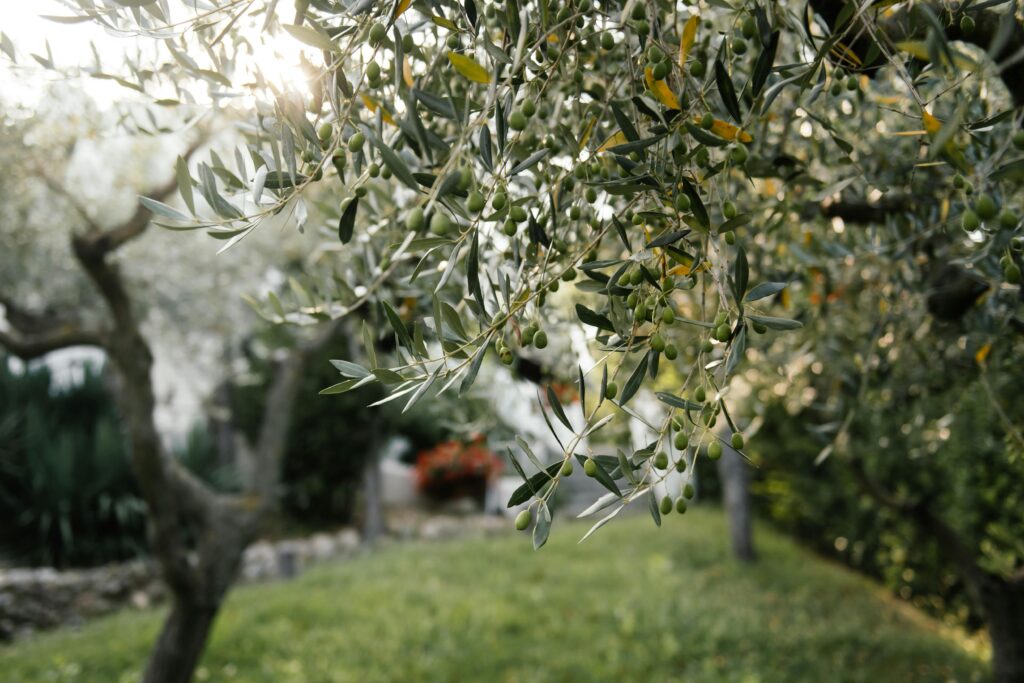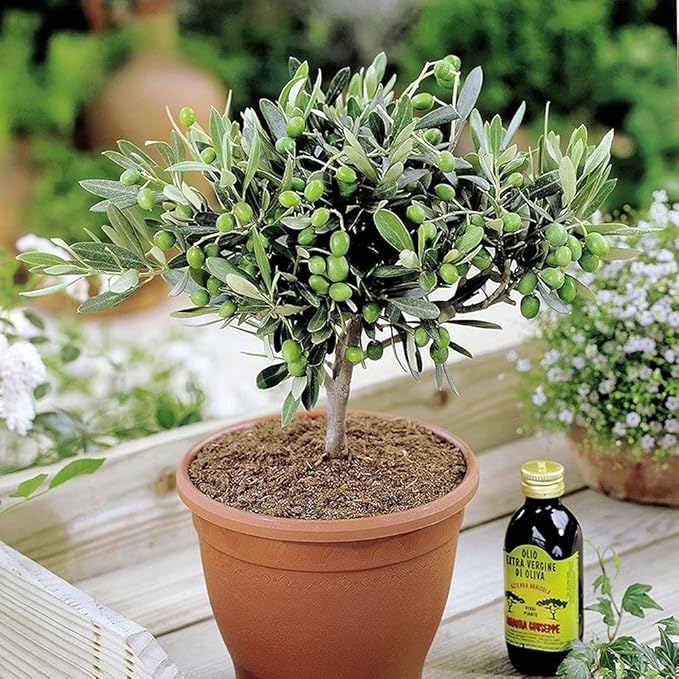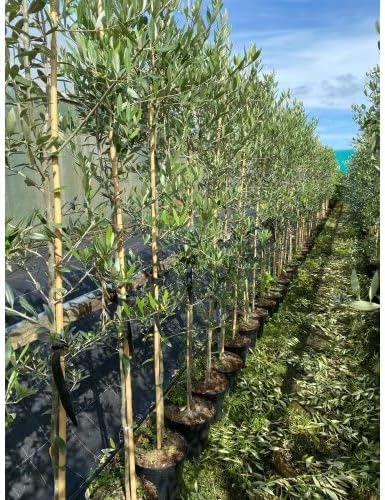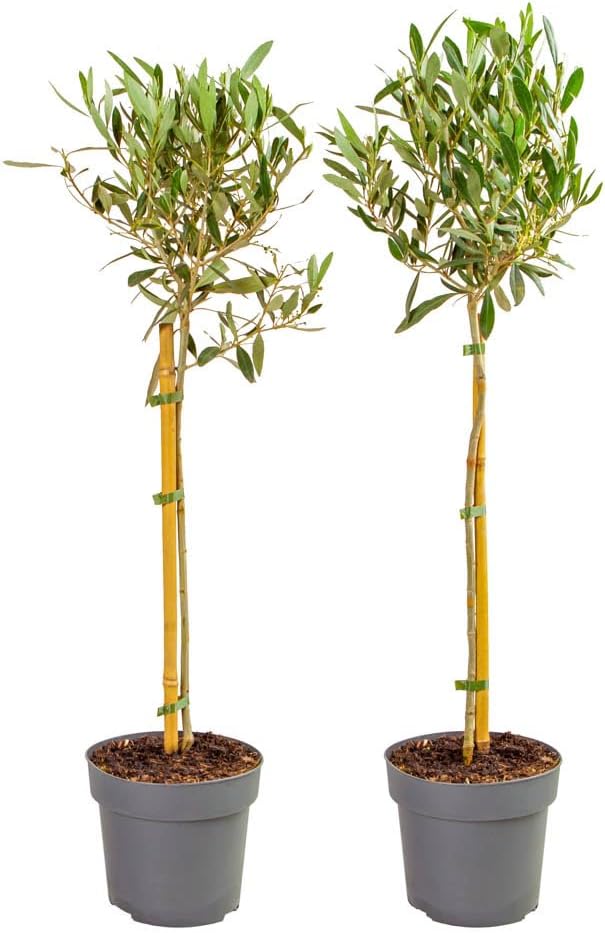Welcome to Garden Portals, your friendly guide to organic gardening! Today, we’re diving into the wonderful world of olives and Organic Olive Garden. 🌳 Olives are not only delicious and nutritious but also add a touch of Mediterranean charm to any garden. Let’s explore how to grow olives organically and the numerous benefits they bring to your garden and your health. With love and dedication, you can create a thriving olive garden right at home! 💚😊
Table of Contents
Why Grow a Organic Olive Garden? 🫒
Olives are a staple in many cuisines and are known for their rich flavor and health benefits. Growing them organically ensures that you get the highest quality olives free from harmful pesticides and chemicals. Plus, an organic approach promotes a healthier environment and supports biodiversity. Let’s discover how you can cultivate these wonderful trees with love and care.

Choosing the Right Olive Tree 🌳
- Varieties: There are numerous olive tree varieties, each with its unique characteristics. Some popular choices include Arbequina, Manzanilla, and Koroneiki. Choose a variety suited to your climate and desired use—whether for oil production or table olives.
- Climate: Olives thrive in warm, temperate climates with mild winters and hot, dry summers. Ensure your location provides the right conditions for your chosen variety.
Planting Your Olive Tree 🌱
- Location: Select a sunny spot with well-drained soil. Olive trees need at least 6-8 hours of sunlight daily to flourish.
- Soil Preparation: Amend the soil with organic compost to enhance its fertility and structure. Olives prefer slightly alkaline soil with good drainage.
- Planting: Dig a hole twice the width of the root ball and slightly deeper. Place the tree in the hole, backfill with soil, and water thoroughly to help it settle.
Caring for Your Olive Tree 🌿
- Watering: Young olive trees need regular watering to establish strong roots. Once established, olives are drought-tolerant but will produce better with consistent watering, especially during dry spells.
- Mulching: Apply a layer of organic mulch around the base to retain moisture, suppress weeds, and regulate soil temperature. Mulching also adds nutrients to the soil as it decomposes.
- Fertilizing: Use organic fertilizers such as compost, manure, or fish emulsion to feed your olive tree. Fertilize in early spring and again in late summer to support growth and fruit production.
- Pruning: Prune your olive tree annually to maintain its shape, improve air circulation, and remove any dead or diseased branches. Pruning helps the tree focus its energy on producing healthy fruits.
Organic Pest Control 🐞
Olive trees are relatively pest-resistant, but it’s still important to monitor for any issues. Encourage beneficial insects like ladybugs and lacewings to help control pests naturally. If necessary, use organic treatments like neem oil or insecticidal soap to manage any infestations.
Harvesting Olives 🫒
- Timing: Harvesting olives depends on their intended use. Green olives are picked early, while black olives are left to ripen fully. Typically, harvesting occurs in late fall to early winter.
- Method: Gently shake the branches or hand-pick the olives to avoid damaging the tree. Use a net or tarp beneath the tree to catch fallen olives.
- Processing: Cure olives to remove their natural bitterness before consumption. There are various methods, such as brining, dry curing, or water curing, depending on your preference.
Benefits of Growing Organic Olives 🌿
- Health: Organic olives are packed with antioxidants, healthy fats, and vitamins, contributing to overall well-being and heart health.
- Sustainability: Growing olives organically reduces your environmental footprint and supports sustainable agricultural practices.
- Biodiversity: An organic olive garden attracts beneficial insects and wildlife, promoting a balanced and thriving ecosystem.
- Aesthetic Appeal: Olive trees add beauty and elegance to any garden, with their silvery leaves and gnarled trunks creating a picturesque landscape.
Final Thoughts 🌻
Cultivating an organic olive garden is a rewarding experience that brings delicious, healthy olives to your table and enhances your garden’s beauty and biodiversity. With love, patience, and organic practices, you can enjoy the numerous benefits of these wonderful trees.
Thinking about having your own olives? Buy and help our blog.

Olea Europea Common Olive Tree
https://amzn.to/3WHB3Ny

Large Olea Europaea Olive Tree 5-6ft
https://amzn.to/3Yp9DgG

Olive Trees Pair of Hardy Standard Olive Trees 80cm Tall in 18cm Pots.
https://amzn.to/3Su5DHJ
Thank you for joining us on this journey at Garden Portals. Share your olive gardening tips and experiences in the comments below. Let’s grow together, with love and happiness! 🌿🫒💚
Follow us
Check more in our blog – https://gardenportals.com/blog
Happy gardening! 😊
